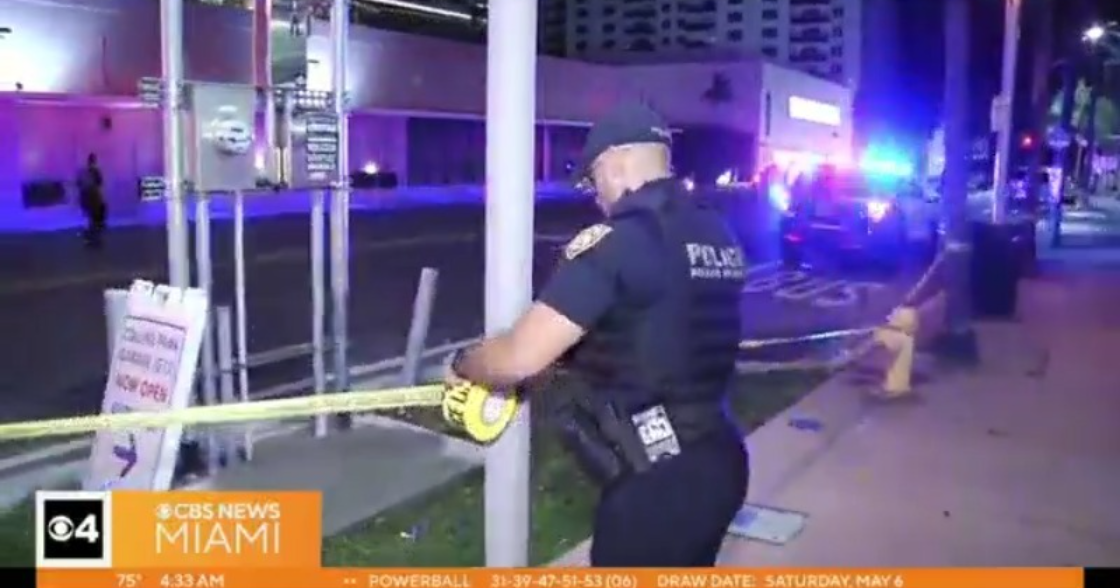Beating The Urge: 4 Ways To Prevent Relapse
Whether you are a recovering addict or a member of an addict's support system, the possibility of relapse is a constant threat looming in the back of your mind. No one is immune to the possibly devastating effects of relapse; it can happen even after years of sobriety. Thankfully, relapse of substance abuse is entirely preventable. All it requires is the right tools and the right people.
So, how do you prevent relapses?
#1: Recognize the Signs of Relapse Behavior
If you are in recovery or close to someone on a path to sobriety, it's likely you know the warning signs of an impending relapse. Maybe a stressful situation at work has developed, or a personal relationship has fallen to tethers. Emotional distress is a red flag that the person in recovery may need some extra help staying sober. Be cautious of the following signs that they are close to falling over the edge:
- Shifty or shady behavior
- Avoiding direct questions about use
- Sudden changes in mood
- Unaccounted for lapses in time
- Changes in health
- Visible intoxication
#2: Intervene BEFORE Relapse
In order to prevent a relapse, it is necessary to intervene before the person in question does anything they will come to regret. If you are at all suspicious that a recovery is in danger it is vital that you address it early on. Even if your suspicions prove to be unwarranted, the show of support can be encouraging. You want to be firm and resolute in your approach, but never accusatory, as this will only garner a negative response. It is also best if the intervention is a group effort of those who love and support the recoverer, making them more inclined to listen and see reason.
#3: Offer Alternatives to Relapsing
Sometimes the simplest way to prevent a relapse is to be available. If you are acting as a sober coach or mentor, be sure that the person in risk of relapse knows you are always available to talk about anything and everything. Become a safe place for that person to turn when they feel overwhelmed or low. Let them know you want them to come to you and it is not a burden you are unwilling to bare. Distractions are a great tool for preventing relapse. Throw a sober party, go out to the movies or dinner, try a fitness class at the local gym, or join a book club. Educational pursuits and working toward short-term and long-term goals are also great for staying on track with addiction recovery.
#4: Reinforce that Relapse is NOT Failure
Sometimes relapses happen even with the best effort possible to avoid them. It only takes 0.33 seconds of exposure to the wrong triggers to send someone spirally toward relapse. If it happens, understand and emphasize that it does not mean that person has failed. Relapse is not the end of the journey, just a momentary obstacle and a chance to begin again.
Forgive them and make sure they know they are worthy of self-forgiveness: they are likely much more upset and disappointed by their relapse than you.
If relapse occurs, use it as an opportunity to explore new and perhaps more effective means of rehabilitation: perhaps they were in an outpatient program previously and would benefit from inpatient treatments, or experimenting with medically-assisted rehabilitation rather than abstinence based treatment.
Above content is provided by Harbor Village Detox & Treatment Center.




